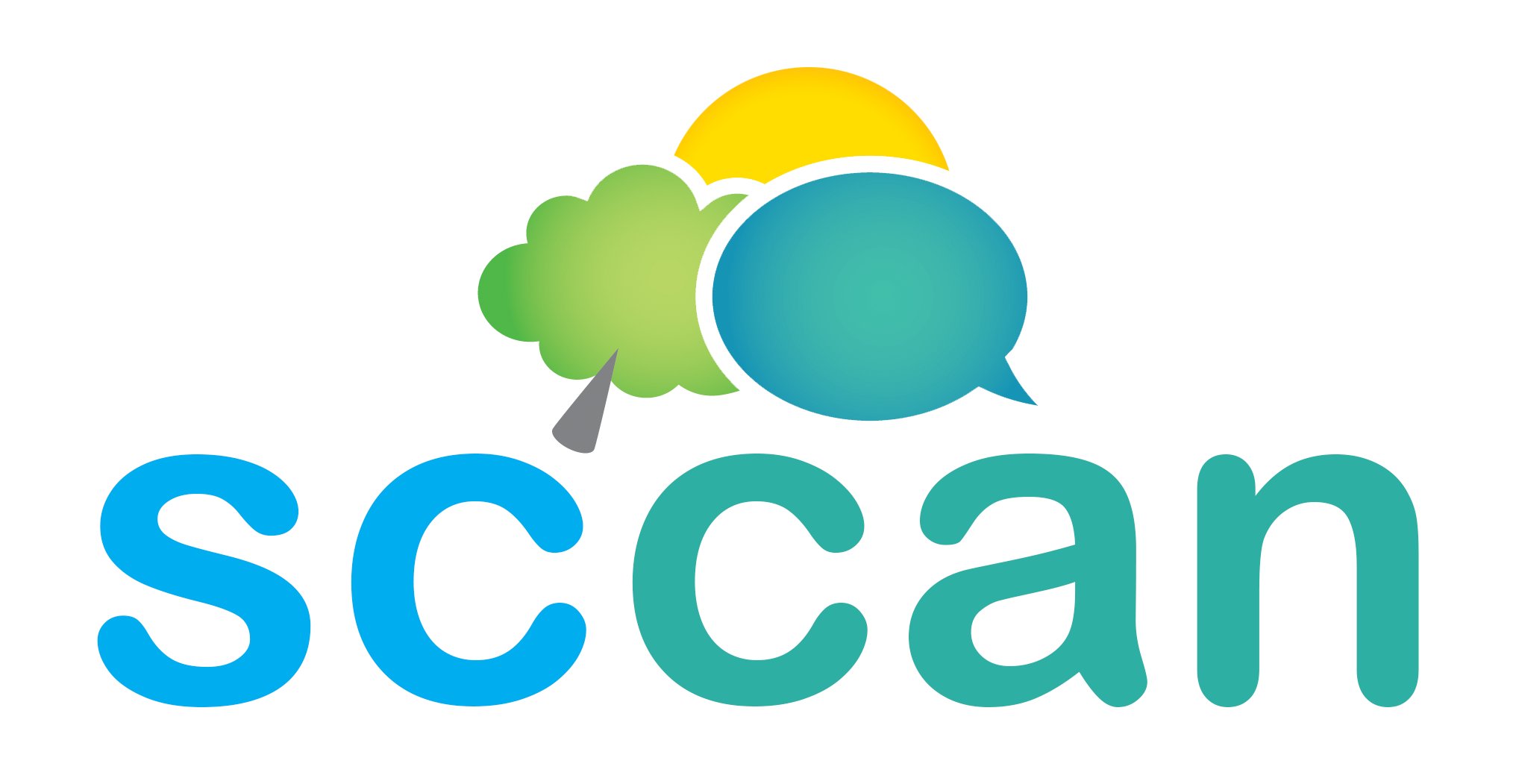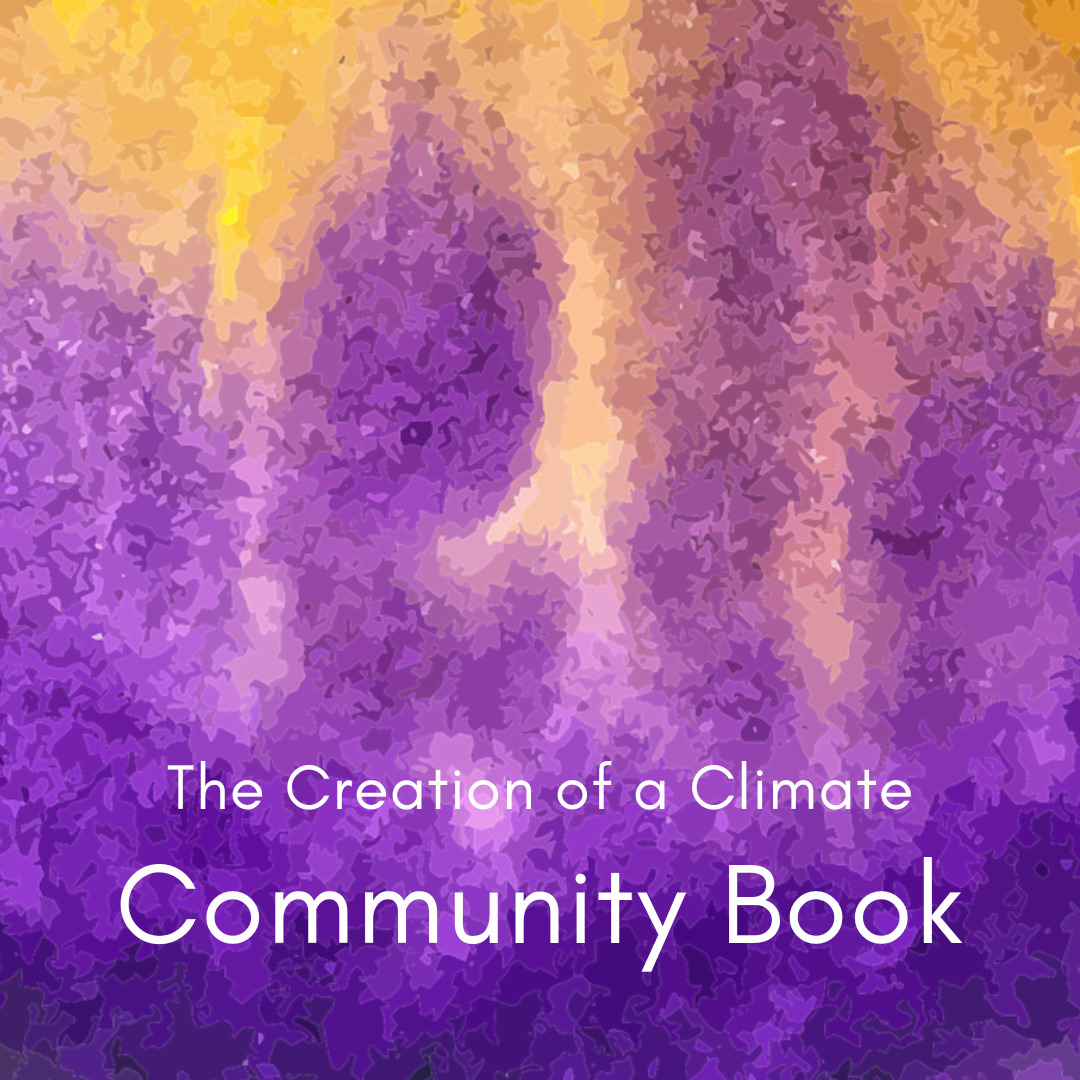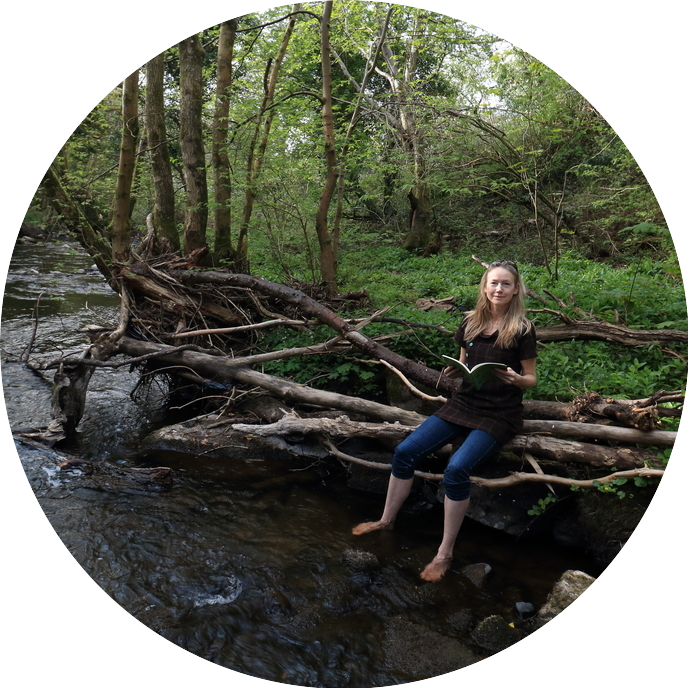by Gazelle Buchholtz
Creation of a Climate Community Book
My short story ‘Earth’s Violet Sun’ was originally written in Danish and published in my book Søvnløse Spor[1] (Sleepless Tracks). The Scottish Communities Climate Action Network (SCCAN) has supported a translation of the story into English with a mini-grant. The idea is that this story will be one of many contributions to a book created by SCCAN’s Storytellers Collective. A book with poems, essays and short stories centered on stories about how we as humans interact with the Earth’s resources, other living beings and environmental changes.
Stories as building blocks of life
“The universe is made of stories, not atoms,” wrote Muriel Rukeyser in her poem ‘The speed of darkness.’ One could argue against this statement with the tenable reason that the physical world is made of atoms – clothes, food, buildings and means of transport – even though everything is perishable and eventually will disintegrate and become new substances. 350,000 tonnes of wearable clothing are sent to landfill every year in the UK[2], and the transformation of some fabric can take more than 200 years to decompose in landfills[3]. Furthermore, when clothes (and other items) break down in landfills, greenhouse gases are also formed, and that increases the temperature.
Exploitation of the natural world and generation of waste certainly shape our physical world, and there are undoubtedly stories attached to consumption habits and patterns that connect to “The universe is made of stories, not atoms.” The stories we tell ourselves about personal craves, demands, essentials, needs, desires – the wide palette of emotions intertwined to the stories each of us are living by. These stories operate within wider societal frameworks, stories about how we as humans have the right to extract, process and consume resources.
Fiction as a reality check
One could say that it’s not a crime to consume unsustainable. We have governmental regulations to ensure a fair and reasonable world. Or is it so? Are we not aware that most regulations are rather based on market forces more than sustainability and the welfare of planet, people and other living beings? To move beyond rules and guidelines, fictional stories can help us explore the world we live in, examine and challenge our own emotions and belief systems – perhaps stories can even tune our compassionate heart and lead to new actions. We can’t necessarily see all the complicated processes of each subject in front of us in daily life, but we can develop a heartfelt awareness and concern for the living world. As The Little Prince, the famous character of Antoine de Saint-Exupéry, says, “It is only with the heart that one can see rightly; what is essential is invisible to the eye.”
Even stories that seem bizarre and far removed from our lives, can help us to ponder on the way we live. One example is Ray Bradbury’s short story ‘The Concrete Mixer’ where the reader sees the Earthly, Western living with the eyes of Martians. Instead of attacking the Martians, the aliens are being suffocated in unhealthy, dangerous lifestyles. The story is an obvious opportunity for a health check – internally as well as at a community level – rather than worrying about aliens. It was first published in 1949, and still seems relevant to examine the way we live today. Fictional stories can have the power to take us out of our comfort zone and move us onto new paths.
Stories to form connections
With the story ‘Earth’s Violet Sun’ I wish to give a voice to farm animals – to make them visible behind the packages of ham, roasts and steaks. Since we all need to eat, people have tremendous power with the shopping basket. Supermarkets fill their shelves with demands and what they are used to selling. We have the power to change their habits with ours. I hope the story will make people reflect and question what’s behind the food (and actually anything) they buy.
In ‘Earth’s Violet Sun’ an unknown celestial body appears on the sky. Shortly after, people start to have extraordinary experiences in the supermarket:
“With a shopping basket in the hand, Martin walks down the store’s aisles. People around him take items off the shelves. Many look like they get a shock when touching the items and immediately let go. A woman lets out a shriek, drops the item on the floor and darts to the exit.
Martin carefully grabs the end of a pack of sausages.
– Goddamn it, he exclaims, and lets go of the meat.”
Follow news from SCCAN for info on when the full story is available to read. The goal is for the story to be included in a book with contributions written by people engaged in SCCAN’s Storytellers Collective. If you are interested in knowing more about or joining this writing community, please get in contact with Joana Avi-Lorie, one of SCCAN’s story weavers, on stories@sccan.scot.
Writing is known to be an isolated and lonely activity, but by regularly participating in a writing group it is possible to lift each other’s writing spirit. We meet regularly online to write together, share texts and ask each other for advice on certain aspects and topics of writing. With focus on humans’ connection to the natural world we all share interest for the same subject; however, there are countless ways to express yourself uniquely across a wide variety of genres.
If you would like to delve deeper into how language creates the story of life-sustaining interactions of humans, other species and the physical environment, ecolinguistics is the discipline. ‘Stories We Live By’ is a free online ecolinguistics course with personal feedback on your work during the course. “Ecolinguistics provides tools for revealing the stories we live by, questioning them from an ecological perspective, and contributing to the search for new stories to live by.”[4]
May your stories lead you and your community to a viable path forward.
“We are all storytellers. We all live in a network of stories. There isn’t a stronger connection between people than storytelling.” – Jimmy Neil Smith.
[1] http://hharksenproductions.com/Boeger/Andre-udgivelser/Soevnloese-spor
[2] https://clothesaid.co.uk/about-us/facts-on-clothes-recycling/
[3] https://www.roadrunnerwm.com/blog/textile-waste-environmental-crisis
[4] https://www.storiesweliveby.org.uk/
Storytellers Collective
Gazelle wishes to strengthen people’s connection to the natural world with her thought-provoking stories.
She’s an associate in The Surefoot Effect, a community interest company, which aims to equip people, communities and organisations with skills for sustainability and resilience.
In her home country Denmark, she graduated with a Master of Science in communication of scientific knowledge, and a Minor in creative writing. She’s based in Scotland, and after the publication of her first fictional book ‘Sleepless tracks’ (in Danish), she works on finding ways to get stories out in English.
gazelle.buchholtz@gmail.com


